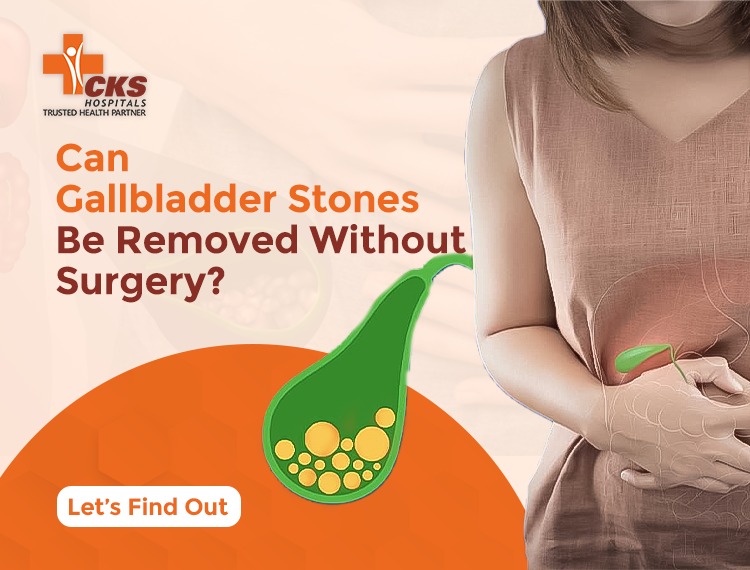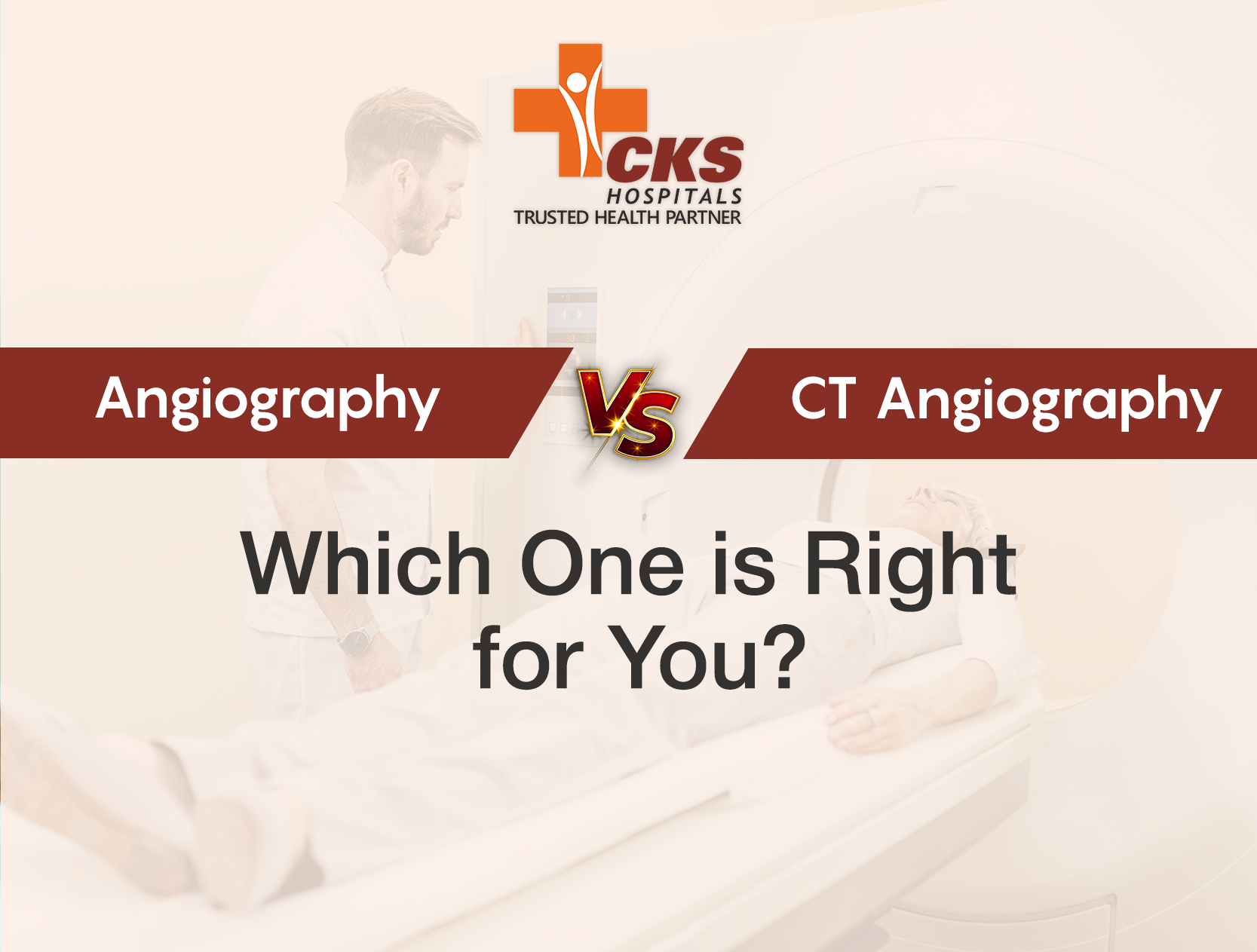CONGENITAL HEART DISEASE IN ADULTS
Congenital heart disease in adults is a disease that affects the structure of the heart and impacts the systemic blood flow.
Patient with Congenital heart disease suffers from cardiac issues since birth. The defects in this disease are also known as congenital heart defects. Congenital defects are of different types and may vary from moderate to severe. The symptoms can be started seen when a person reaches adulthood. You need lifelong Medicare to live a normal life.
Facts About congenital heart disease
• It is the most common type of birth defect.
• 30% of the CHDs need surgery or operation within one year of birth.
• 1 out of 100 infants are impacted due to congenital heart disease.
• More than 95% of congenital heart disease children live in adulthood.
• Most common CHDs include
1. Bicuspid aortic valve.
2. Ventricular septal defects.
3. Arterial septal defects
• More than 2.5 million adults and children are living with congenital heart disease worldwide.
• Congenital heart disease patients can also live normal life.
• Recovery rate is more than 50%.
Types of congenital heart diseases:-
• Atrioventricular canal defect
• Coarctation of the aorta
• Atrial septal defect (ASD)
• Congenital mitral valve anomalies
• Double-outlet right ventricle
• Congenital heart defects in children
• Eisenmenger syndrome
• Hypoplastic left heart syndrome
• Ebstein anomaly
• Partial anomalous
• Pulmonary venous return
• Long QT syndrome
• Patent foramen ovale
• Pulmonary atresia
• Patent ductus arteriosus (PDA)
• Pulmonary atresia with a ventricular septal defect
• Pulmonary atresia with intact ventricular septum
• Tetralogy of Fallot
• Total anomalous
Pulmonary venous return (TAPVR)
• Pulmonary valve stenosis
• Tricuspid atresia
• Truncus arteriosus
• Transposition of the great arteries
• Ventricular septal defect (VSD)
• Wolff-Parkinson-White (WPW) syndrome
• Vascular rings
Symptoms of Congenital heart disease in Adults
• Blue lips and
• Pale skin (cyanosis).
• Bluish fingernails
• Frequent dizziness
• Heart murmur.
• Fatigue, including getting tired fast with little activity.
• Irregular heart rhythms (arrhythmia).
• Irregular palpitations.
• Swelling or edema of the ankles, hands, or feet
• Shortness of breath known as dyspnea..
• Low Blood pressure.
What parts of the heart can adult congenital heart disease affect?
The heart structure included:-
• Blood vessels
• Heart valves
• Heart chambers
that are mainly affected by ACHD (Adult congenital heart disease.
When to see a doctor?
If you are problematic symptoms such as
• Shortness of breath.
• You became tired very often.
• You have swelling in your hands and feet.
• Irregular palpitations.
• Low blood pressure
• Bluish fingernails and lips.
Then you immediately have to visit a good cardiologist and start your treatment as soon as possible.
If you Are looking for the best hospital in Jaipur for heart our Cks hospital is the best hospital.
Causes of congenital heart diseases in Adults
• Flu at the time of pregnancy
If you have influenza and rubella at the time of pregnancy in the first trimester then there is a high chance of developing ACHD (Adult congenital heart disease)
• Chronic illness
If you have had a chronic illness since birth like type l or type ll diabetes you are more likely to develop congenital heart disease.
• Genetic disorders
People with Down syndrome or Turner syndrome are more likely to develop congenital heart disease in adulthood.
• Mental illnesses
People with mental illnesses like bipolar disorder or seizures had a risk of developing congenital heart disorders in adulthood.
• Certain Medications
Taking certain medicines for acne, ibuprofen at the time of the second trimester of pregnancy later increases the risk of developing Adult congenital heart diseases in the newborn.
Risk factors
• Arrhythmia
It is a complication associated with irregular heartbeats.
• Endocarditis
It is an infection of the lining of the valves of the heart.
• Pulmonary hypertension
It is associated with high blood pressure inside the lungs.
• Heart failure
It is a condition when the heart cannot pump blood to the body resulting in cardiac arrest or death.
• Kidney and liver diseases
It includes diseases such as hepatitis A and B, liver cancer, kidney failure, infections, fatty liver disease, etc.
FAQ'S
The most common type of congenital heart disease in adults is Coarctation of the aorta, Ebstein’s anomaly, Patent ductus arteriosus, Pulmonary valve stenosis, Septal defects, and Single ventricle defects.
With proper treatment, doctors’ regular checkups, daily medications, and strict routine you can live your life to the fullest with congenital heart disease.
There are many types of congenital heart defects some are treatable and for some, you have to take precautions and lifelong treatment.
Congenital heart diseases generally develop at the time of birth but symptoms start seen commonly in adulthood.
Recent Posts
- All Posts
- Blog
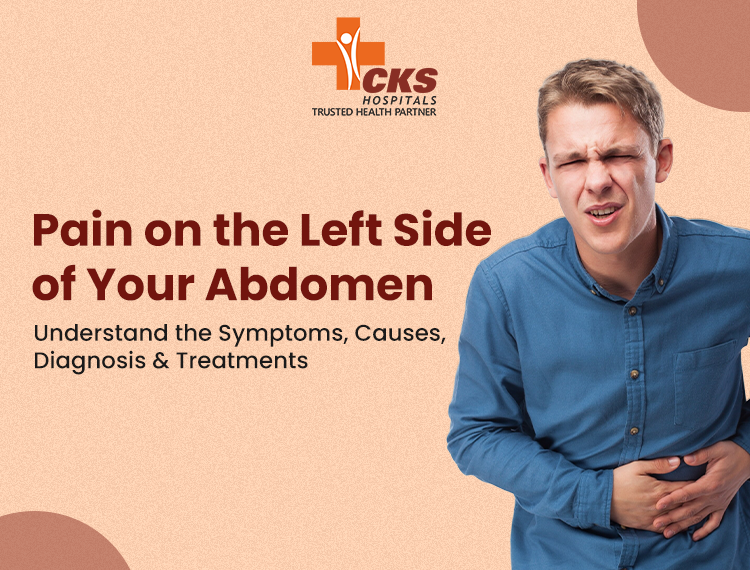
Read More
Our Speciality
- Cardiology & Cardiac Surgery
- Neurosurgery
- Orthopedics & Joint Replacement
- Urology
- Gastroenterology
- Nephrology & Dialysis
- Bariatric & Metabolic Surgery
- ENT & Head Face Neck Surgery
- Internal Medicine & Critical Care
Explore More
Our Doctors

Dr Prakash Chandwani
(Chief Managing Director) Director & Head Dept of Cardiology
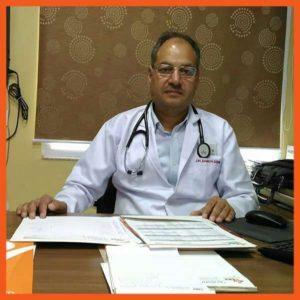
Dr Mahesh Goyal
Director & Head Dept of Allergy Specialist, Asthma & Sleep

Dr Mohammed Sharif
CEO & Global Operations
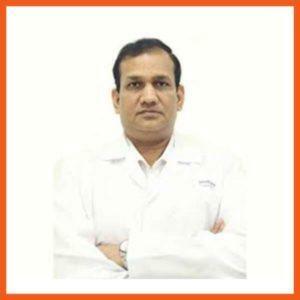
Dr Ghanshyam Agrawal
Consultant Dept of Neuro Surgeon

Dr Sumit Kamble
Consultant Dept of Neurology
See All Doctors
